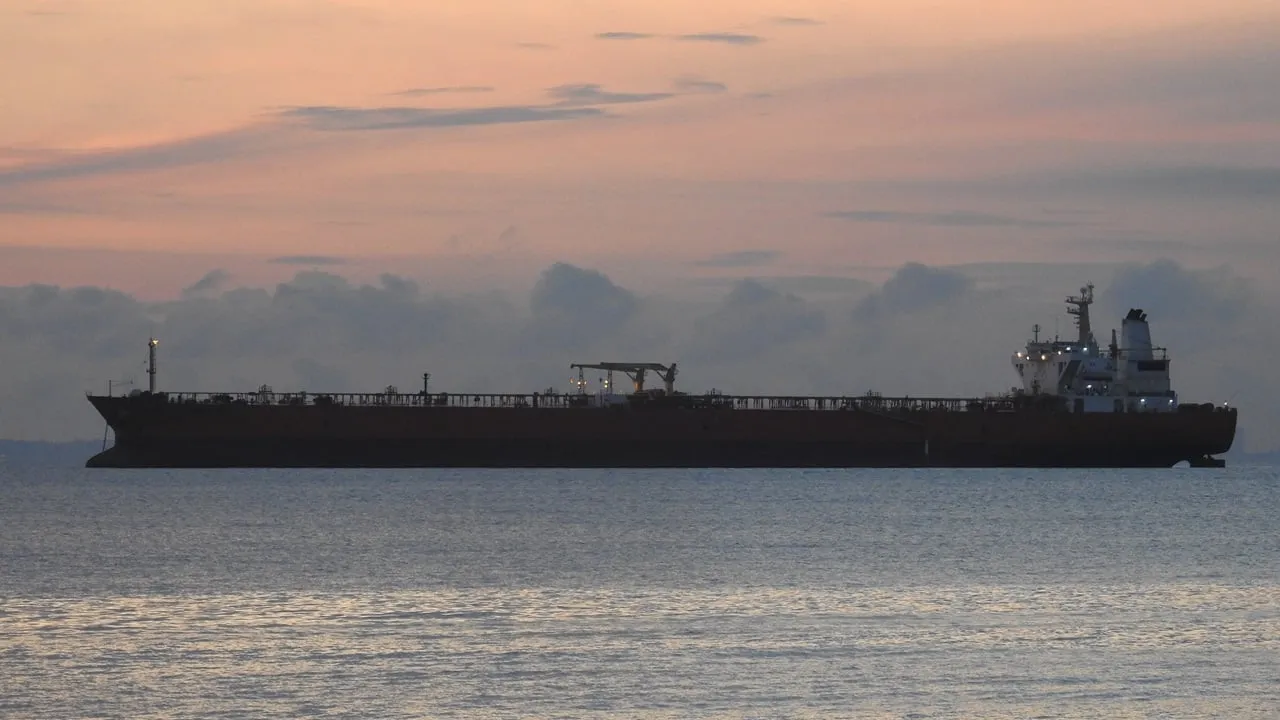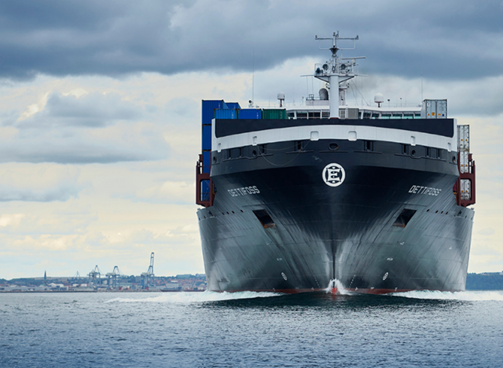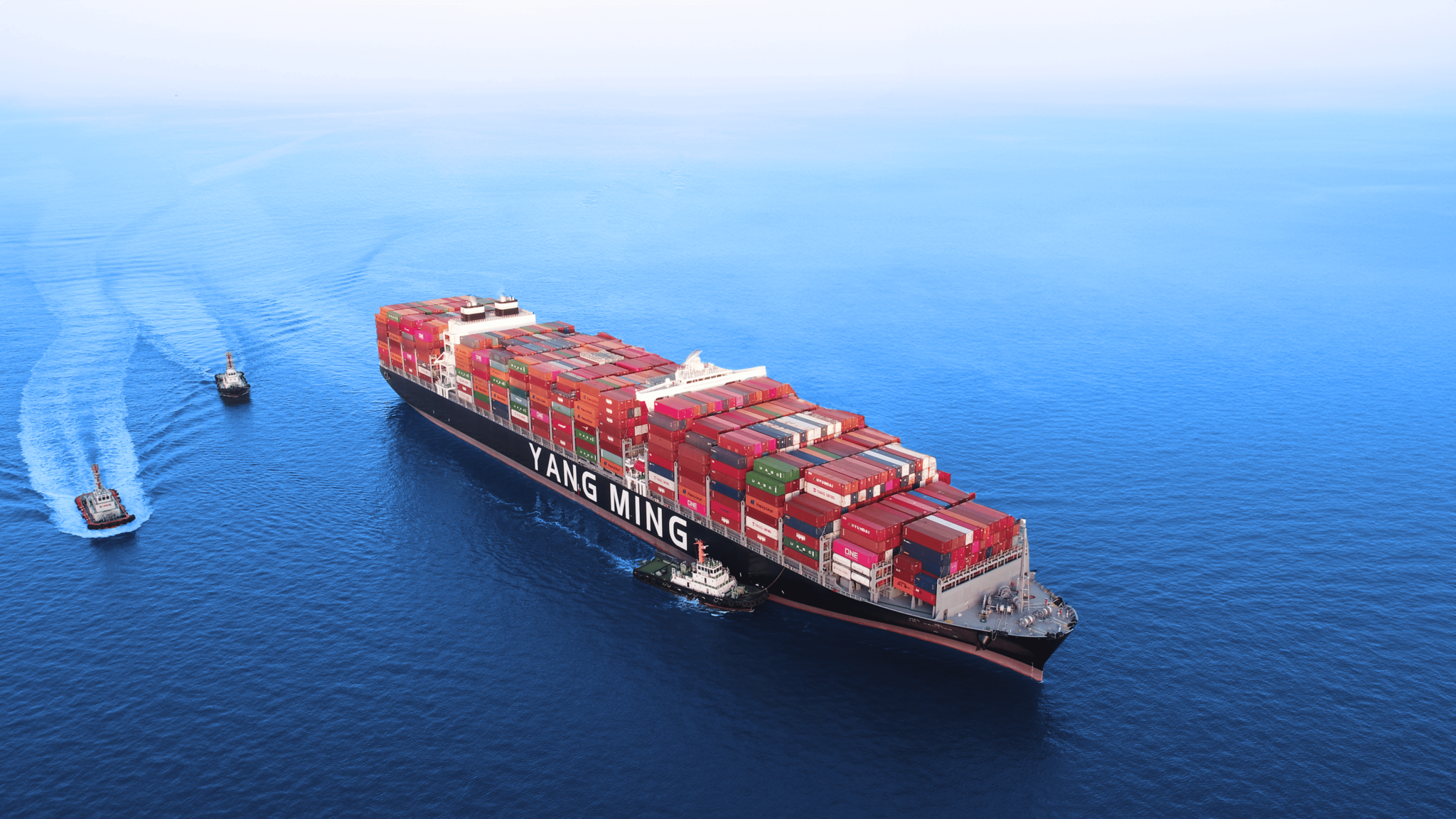Seatrade-Maritime New EU and UK sanctions on Russia – enforcement will be key
The latest EU sanctions include a ban on refined product imports from third countries, 105 tankers, and revised oil price cap also adopted by UK.
The European Union (EU) has banned the import of petroleum products made from Russian oil for the first time as it announces its 18th package of sanctions since the start of the war in Ukraine.
Reaffirming its support for embattled Ukraine, the European Union (EU) and the UK announced a new package of sanctions, described as the strongest yet, and blacklisted an additional 105 tankers on Friday.
The Council’s 18th package of economic and individual restrictive measures has been drawn up to tighten existing restrictions on Russia economic activities in the shipping, energy, banking, and military sectors, as well as trade with the EU bloc.
“The EU just approved one of its strongest sanctions packages against Russia to date. Each sanction weakens Russia’s ability to wage war. The message is clear: Europe will not back down in its support for Ukraine. The EU will keep raising the pressure until Russia ends its war,” said Kaja Kallas, EU High Representative for Foreign Affairs and Security Policy and chair of the Foreign Affairs Council.
Commenting on the latest sanctions package by the EU ship brokers Poten said in their weekly newsletter, “Most of the measures are building on previous sanctions, but there are new elements that could make a difference if properly implemented and enforced.”
The EU and UK announced a lowering of the Crude Oil Price Cap from $60 to $47.60 on Friday, striking a key blow to Russia’s oil revenues and the critical revenue stream that has been central to the funding of Russia’s invasion of Ukraine and its continued aggression over the last 29 months. It is estimated that Russia’s oil revenues had already fallen by 35% in the year to May but will now dip much more sharply over the months ahead.
Furthermore, the EU has revealed that the new price cap is part of an ‘automatic and dynamic mechanism’ to vary the cap and ensure that it works effectively. The bloc had earlier indicated that it was considering a floating price cap linked to average crude oil prices over a predetermined period.
For the first time the EU has ban the import of refined petroleum made from Russian oil coming from a third country excluding Canada, Norway, Switzerland, the UK and the US. The EU said the measure was designed to prevent Russian crude reaching its market via the backdoor and Poten said this measure could be the “most impactful”.
It said the measure seemed mainly targeted at the Indian refining industry with Indian refiners importing 1.5 million barrels per day of Russian crude have ramped up imports since the start of war in Ukraine due to attractive prices. Indian refiners export large volumes of refined products to the EU which Poten said had increased since the start of the war.
Another 105 tankers engaged in shipping Russian oil exports will be subject to sanctions, a significant increase on the 77 vessels originally earmarked by the EU when it revealed plans to draw up the 18th sanctions package a few weeks ago.
The EU said the number of sanctioned tankers now totals 444. These vessels will not be allowed to enter EU ports or make use of a wide range of maritime services that are essential for effective ship operation.
However, Poten commented in its report, “Unfortunately, the EU sanctions targeting the dark fleet have had limited impact on their usage. We don’t expect the additions to the EU sanctioned fleet to change that.”
The EU also said on Friday that it will target the master of one shadow fleet vessel, the unnamed private operator of an international flag registry, and the Nord Stream gas pipelines in the Baltic, which is partly owned by Russia.
Related Posts




